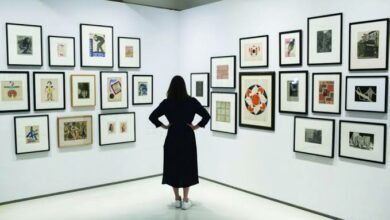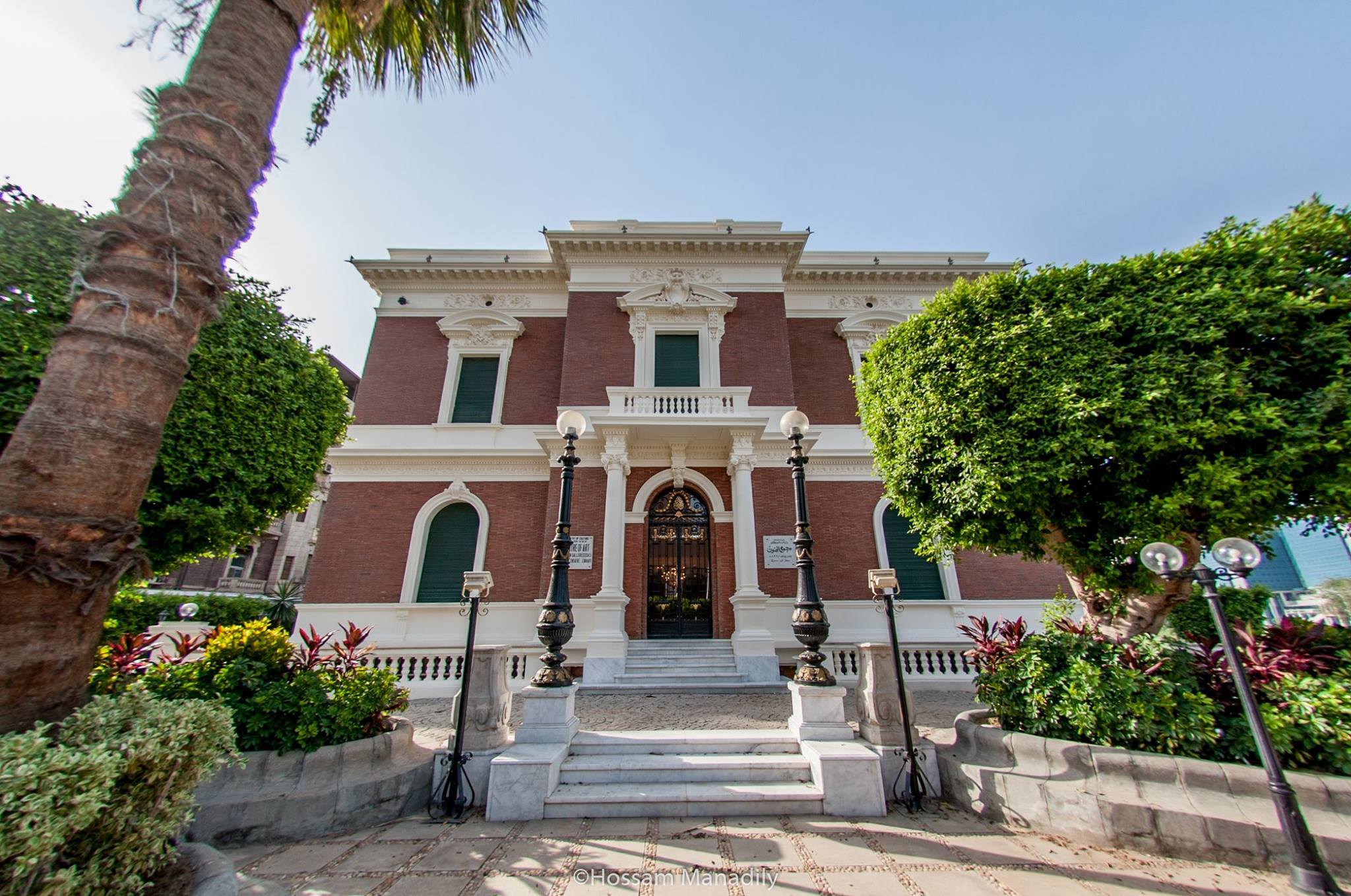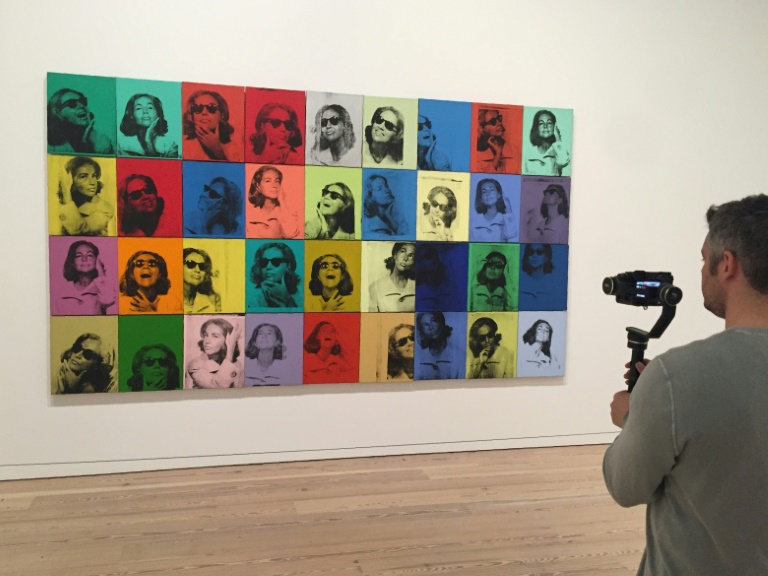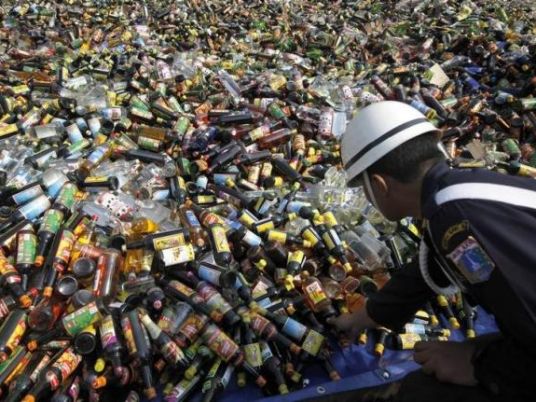The crowded and dirty streets of Ard el-Lewa’, the pullulating residential district in northwest Giza, are partially illuminated by the small Artellewa art gallery, which is currently hosting Arnau Llobet Gelabert’s installation, “Passport,” and Raed Ibrahim’s exhibition, “Stop.”
A wooden cage in the center of a small room surrounded by paper airplanes expresses the “tangible” utopia that the young, Spanish Arnau perceived during his short but intense stay in Cairo, where he first arrived in April. His “Passport” installation is the expression of the first article of the Universal Declaration of Human Rights, which he also quotes in the exhibition brochure: “All human beings are born free and equal in dignity and rights.”
In a cage, a bunch of passports with a cutting saw in between them symbolize those who live their lives as if they were imprisoned, Arnau explains. “People’s life is controlled by the government, which prevents them from traveling abroad by making the release of passports difficult,” the artist explains. “Besides, living in a place where you can see airplanes all the time–as in the room surrounded by a blue sky and paper airplanes–is even more frustrating, because it makes you desire freedom even more.”
Arnau is a self-taught visual artist and painter. Humans represent his biggest interest, and, he says, he is in an “endless process of learning, working and investigating shapes, forms and meaning.”
Entering Arnau’s world is revealing: “I know the earth is round, but I like to think it is infinitely flat,” he says. Before explaining his art, he asks your opinion; what you get from the particular work of art.
He likes listening to people, especially women, whose suffering is the main theme of the exhibition. The three paintings displayed in the art gallery were painted in Cairo after speaking and meeting women in the streets of Ard el-Lewa.
In one piece, a woman is suffocated and immobilized by hands that cover her entire body. “Women are often controlled by men,” he explains. “When you are outside, you are someone, but only when you come back home can you be yourself,” he adds, noting that this was both tiring and frustrating.
Arnau loves Cairo, but at the same time expresses concern with social issues and perceived oppression. Living here is often painful for him, and he expresses this suffering in the image of a man whose eyes have been plucked out by a bird, a symbol of those who are consumed–little by little–by others.
Saudi-born visual artist Raed Ibrahim, meanwhile, who currently works in Beirut and Amman, exhibits the “Stop” installation.
A series of original traffic signs suspended outside the art gallery re-establishes the social and civic order–often lacking in the chaos of Cairo, the city that never sleeps–by alerting the viewer to the dangers of people thinking and questioning. The signs serve different functions: one forbids police from entering a particular street; another urges people to pick the direction they want.
“Stop” allows one to choose by establishing order, giving one the right to think and decide in a world that makes sense–as opposed to the chaos that suffocate people’s freedom instead of giving them the privilege to do what they want.
Artellewa is a place in which reality and utopia merge. Children meander through the gallery, curiously observing the exhibition and interacting with visitors. Multicolor tuk-tuks (a three-wheeled motorized cart frequently used in low-income areas of Egypt) stop outside the entrance of the gallery–which was originally a parking garage–attracted by the eclectic group of patrons. Again, art and real life merge; stimulate one another.
It is this kind of innovation and originality that make Artellewa unique. As Egyptian visual artist and gallery owner Hamdy Reda says, one of his aims was to create an interactive place in which young people could become acquainted with art from an early age, through workshops organized each Thursday, or through rooftop film screenings. (The gallery is currently showing films by Fellini at 8.30 PM on Thursdays.)
Nothing conveys the blend of lives and experiences that pass through Artellewa better than the gallery’s motto: “There are no foreigners in art.”
The “Stop” and “Passport” exhibits launched on 29 June and will end on 20 July 2010. The gallery is closed on Saturdays.
The Artellewa art gallery
19 Mohamed Ali Al-Eseary St., Ard el-Lewa’, Giza; Tel: (012) 596-3611




